
A human vaccine could reach clinical trials in 2 years, the lead researcher told Contagion®.

A human vaccine could reach clinical trials in 2 years, the lead researcher told Contagion®.

Editing out a particular gene located inside cells has big implications for the weakening of the common cold virus along with more dangerous infectious agents.

Amid growing reports of viral resistance in patients living with HIV, IDSA, HIV Medicine Association, and American Academy of HIV Medicine have issued a joint policy paper.

The storm damaged multiple public health clinics and vector-borne diseases remain a concern, per a PAHO/WHO report.

In part 1 of our Q&A with Fair, we talk about his background, education, and experience, and also how the outbreak response to the current Ebola outbreak in the DRC differs from traditional disaster response.

The approval marks the first FDA-approved, non-replicating smallpox vaccine, and the only FDA-approved vaccine for prevention of monkeypox.

The vaccine, manufactured by Johnson & Johnson, is administered in 2 doses, 56 days apart and will be used in areas that are not experiencing active transmission.

Long-term immunogenicity of a 2-dose schedule of the quadrivalent HPV vaccination was demonstrated in a new study in Canada that followed up on an earlier clinical trial.

USPSTF has downgraded its recommendation regarding the screening of pregnant women for asymptomatic bacteriuria, based on reduced applicability of the previous evidence.
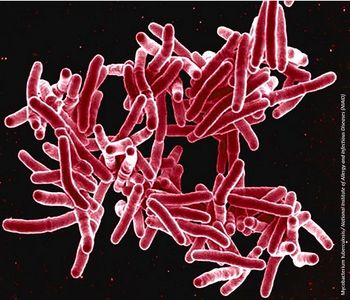
A new paper offers a compelling theory as to why it takes so long for antibiotics to defeat tuberculosis.

A 10th human case of EEE in Massachusetts has also become the state’s second fatality, the state Department of Public Health has announced.

A National Influenza Vaccine Task Force has been established, which will develop a 5-year plan to promote new vaccine manufacturing technology and to accelerate the development of a universal flu vaccine.

Jump-starting HIV treatment in hospital emergency department settings could be a key to curbing the spread of the virus.

“We want the readers to know that there is room for improvement in current hand hygiene regimen,” the study authors said.
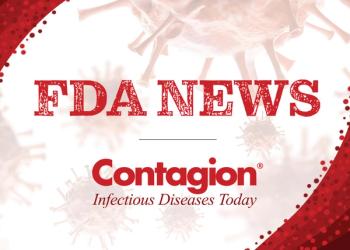
Here is a look at infectious disease-related US Food and Drug Administration news from the week of September 15, 2019.

We’ve rounded up a list of important US Food and Drug Administration (FDA) and US Department of Agriculture (USDA) recalls from this past week.

Stay up-to-date on the latest infectious disease news by checking out our top 5 articles of the week.

Antibiotic treatment for more than 20 months may cause lasting changes in the gut microbiota of preterm infants, a new study suggests.

The outbreak was declared after a 3-year-old girl tested positive for vaccine-derived polio virus type 2.

The approval allows treatment-experienced adults living with HIV who are virally suppressed to switch to doravirine or doravirine/lamivudine/tenofovir disoproxil fumarate.

Along with other heart ailments, new research finds that people living with HIV have a greater risk of atrial fibrillation.

Through June 2019, there were 725 confirmed cases of C auris in the New York City, New Jersey and Chicago regions, with 30 additional probable cases documented.

The SLATE study evaluated whether a clinical algorithm can help clinicians determine eligibility for same-day treatment among people living with HIV and initiate ART when appropriate.

In this outbreak, 18% of Ebola cases have been tied to health care transmission. How can we prevent this from continuing?
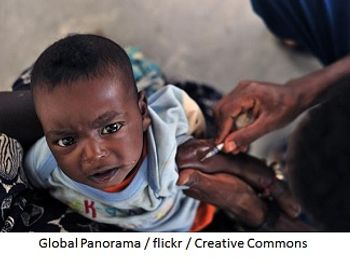
The vaccination schedule in Kenya will consist of 4 doses of the RTS,S vaccine: 3 doses given between 6 and 9 months of age and the fourth dose given at 24 months.

Can UV disinfecting lights tackle health care-associated infections?

Touring production called “Eureka Day” depicts parents of schoolchildren arguing both sides—but definitely has a point of view.
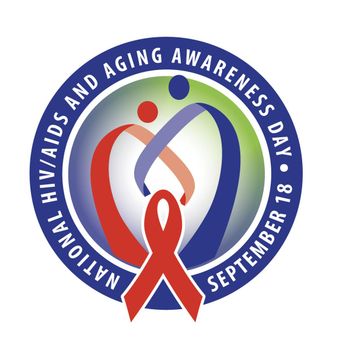
People are living long lives with HIV care, but it is important to acknowledge aging-related challenges of HIV prevention, testing, treatment, and care.
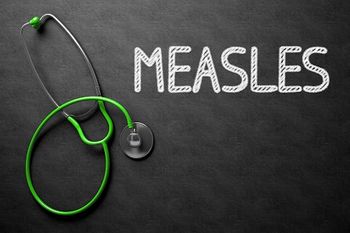
According to the CDC, there were no new cases of measles reported during the week of September 6-12, 2019.
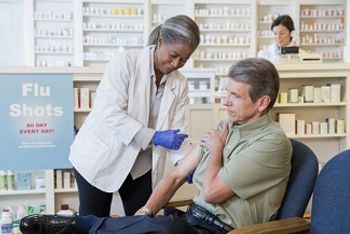
A nationwide cohort study in Denmark examined hypertensive populations and the protective effects awarded by the influenza vaccination.